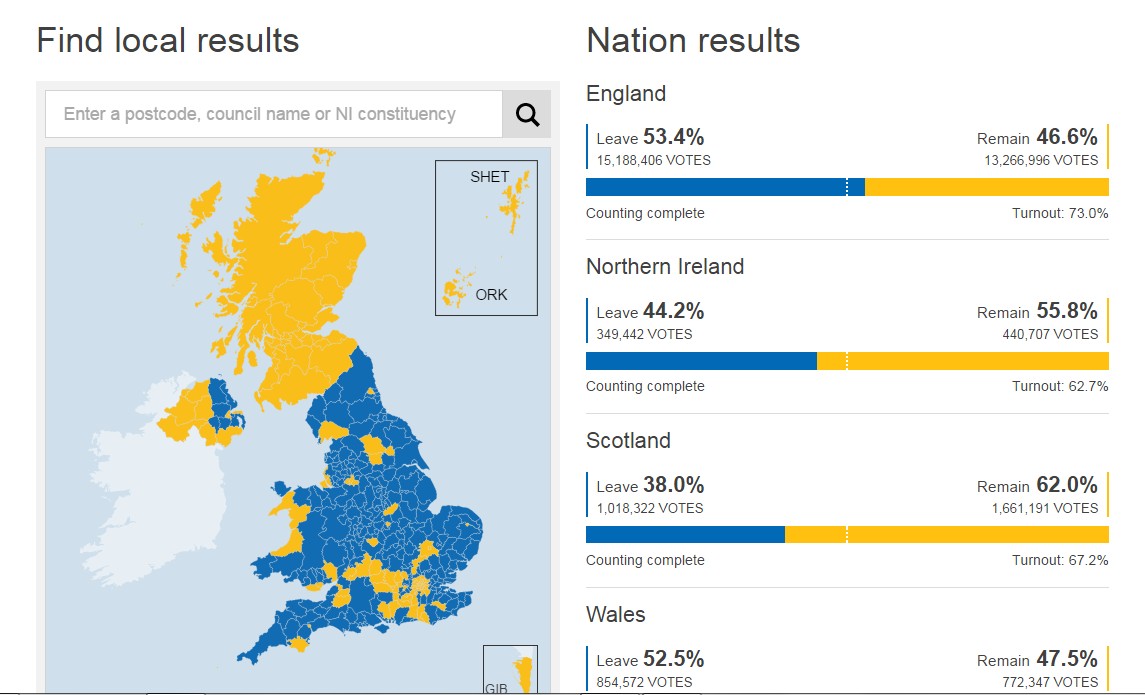The result in the Brexit referendum on whether Britain should leave the European Union or remain a member was 51.9% Leave, 48.1% Remain. Is there a good estimate of how British citizens voted? I mean the voters who were British citizens, not those who had a vote but who weren't British citizens, who included many residents of Britain who were citizens of the Republic of Ireland or of a Commonwealth country such as Australia, Canada, Cyprus, India, Malta, New Zealand, Pakistan, or South Africa.
Among British citizens who voted, was there a majority for Leave or Remain?
